“Ask for forgiveness rather than permission;” this exact phrase was printed on internal posters at OLX, my previous employer, as one of their core company values. This “core value” always baffled me. As a product manager, seeing this advice from our office wall made me think: Is this a way to achieve spectacular success, or a fast track to updating your LinkedIn status?
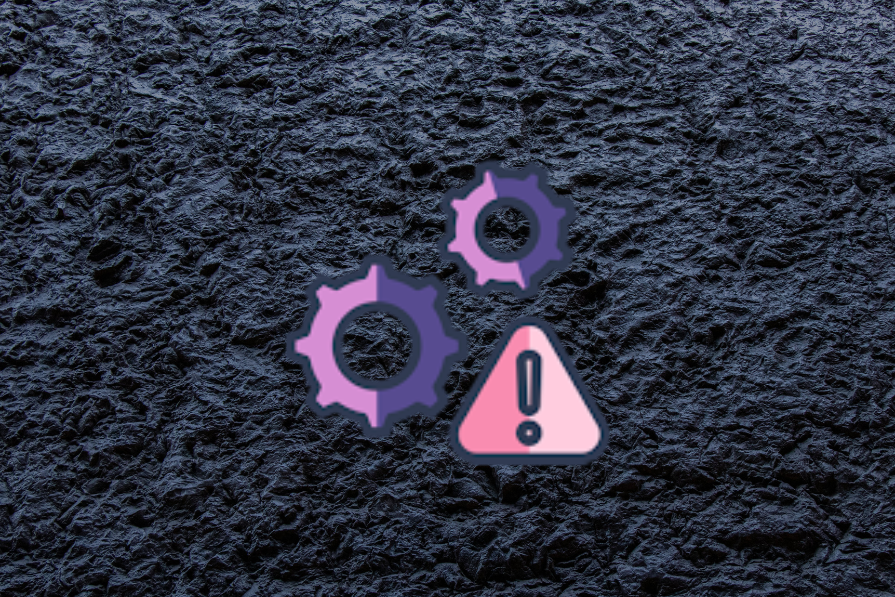
The answer, like most things in product management, is complicated. The difference between bold innovation and career-ending recklessness often comes down to one critical skill: risk management. Recent events in the AI world have given us a perfect case study in what happens when “breaking rules” meets real-world consequences.
There’s something romantic about the idea of being a product rebel who acts first and asks questions later. We’ve all heard the stories: Netflix ignoring the video rental industry’s conventional wisdom, Airbnb launching despite regulatory uncertainty, or Uber disrupting transportation by ignoring traditional taxi regulations.
In each of these examples, PMs didn’t ask if they could do what they did and thus changed entire industries while regulators scrambled to catch up:
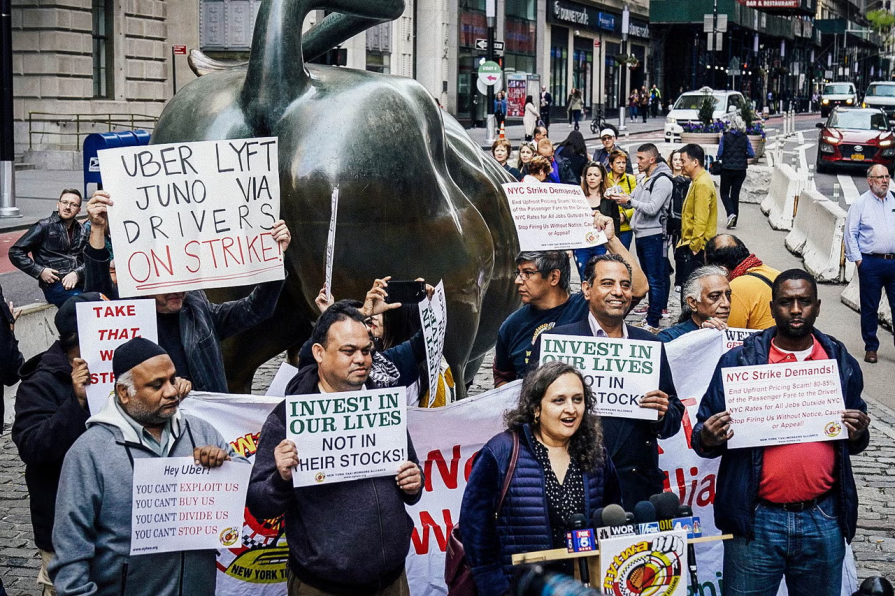
As a product manager, the pressure to be bold is real. You’re expected to drive growth, differentiate your products, and find competitive advantages in increasingly crowded markets. Taking risks is literally written into the agile scrum framework.
And why wouldn’t it? Playing it safe rarely leads to breakthrough results. The most successful products often emerge from someone willing to challenge assumptions, ignore “best practices,” or venture into unknown territory.
But here’s what the motivational posters at OLX and similar companies don’t tell you: for every successful “forgiveness over permission” story, there are dozens of product managers who took similar approaches and faced very different outcomes. The key isn’t whether you ask for permission, but what you’re apologizing for, how you handle the aftermath, and whether you can actually get that forgiveness when you need it.
Before I dive into what went wrong (and right) with recent high-profile cases, let’s establish what a smart “forgiveness over permission” looks like in product management. This type of risk-taking isn’t about ignoring everything — it’s about strategic action backed by solid reasoning and a clear understanding of what forgiveness might cost.
First of all, you need to understand what kind of permission you’re skipping. There are internal approvals (often worth bypassing for speed), legal requirements (usually a bad idea to ignore), ethical boundaries (consider where they are coming from and who will be hurt if ignored), and stakeholder buy-in (context-dependent). The stakes and potential consequences vary dramatically between these categories.
Secondly, assess the cost of putting a failed risk behind you. Some actions can be easily undone if they don’t work out, with minimal damage to relationships or reputation. Others create permanent harm that forgiveness can’t fully repair. Heck, your “head” might need to be “sacrificed” in order to recoup the damage. The cost of potential forgiveness should heavily dictate how bold you’re willing to be.
Third, consider who you’ll need forgiveness from. Will your action affect just your immediate team, your entire company, external partners, or potentially millions of users? The more stakeholders involved, the more expensive forgiveness becomes.
It gets trickier when other people’s money or health are involved. There will be no real harm if users can’t access Netflix for a few hours, unlike when their online banking is down.
Fourth, have a clear hypothesis and success metrics. Random action without permission is just chaos. Strategic “forgiveness over permission” starts with a clear theory of why waiting for approval would harm the opportunity and what you expect to achieve by moving quickly.
Finally, don’t immediately jump onto the “forgiveness over permission” train; perhaps with enough good arguments, data, and time, you’ll be as successful the legal way. It’s only when there’s a time factor and a roadblock to success that you should consider the rebel route.
In December 2024, entertainment giants Disney and Universal Studios filed a blockbuster lawsuit against AI image generation company Midjourney that perfectly illustrates the expensive side of “asking for forgiveness rather than permission.” The lawsuit, filed in federal court in California, accuses Midjourney of systematically exploiting some of the most famous intellectual properties in the world, including characters from Star Wars, Frozen, The Simpsons, and Marvel, without permission or compensation.

The complaint describes Midjourney as “a virtual vending machine that spits out copies of copyrighted works on demand,” providing dozens of examples where simple prompts like “Mandalorian carrying Baby Yoda movie still screen cap” or “Olaf frozen cartoon” generated images that clearly depicted Disney’s protected characters.
The lawsuit alleges that Midjourney’s CEO had previously described the company’s approach to training data as “we’re at an early point in the space, where everyone grabs everything they can, they dump it in a huge file, and they kind of set it on fire to train some huge thing, and no one really knows yet what data in the pile actually matters.”
What makes this case particularly relevant for product managers is the language around “create the envisioned product” and the legal consequences of this no-compromise approach. Midjourney’s service clearly delivered what users wanted, and images violating copyright law (allegedly) were one of those needs. From a pure product metrics perspective, it was likely a success. Users are highly engaged, the service generated substantial revenue ($300 million in 2024), and the platform attracted millions of paying subscribers.
But the cost of forgiveness here is astronomical. Disney and Universal are seeking not just injunctive relief to stop the alleged infringement, but also substantial damages for what each claims is “willful” copyright violation. The lawsuit alleges that Midjourney continued its practices even after receiving formal notice from the entertainment companies about the copyright issues, instead doubling down by announcing an improved version of their service.
In the case study above, Midjourney clearly bypassed some copyright hurdles in order to create a product that would resonate with the masses. It moved fast, built a successful offer, and captured significant market share.
But the forgiveness it now needs proves expensive, to say the least. The broader consequences include potential legal liability in the hundreds of millions, damage to relationships with creative communities, and questions about the sustainability of its entire business model. Perhaps this is the beginning of the end of the company?
For product managers, this raises age-old questions: Should you optimize for speed to market even when it might require expensive forgiveness later? How do you balance rapid iteration with respect for existing stakeholders and their rights? When does “forgiveness over permission” cross the line from smart product strategy into all-out recklessness?
The Midjourney case shows that even technically successful products can create existential problems if they don’t account for broader stakeholder impacts. It’s a reminder that your responsibility extends beyond your immediate users to include the entire ecosystem your products operate within.
Based on cases like Midjourney’s copyright confrontation, here’s a framework for product managers who want to move fast without creating expensive forgiveness bills.
Skipping internal approval meetings can lead to awkward conversations with your boss. Skipping legal compliance can lead to lawsuits.
In other words, in one case, a plain “I’m sorry” should suffice, while others can bankrupt you or send you to jail. Be very clear about which category your actions fall into before making any decision.
Instead of launching bold features to your entire user base, consider smaller rollouts to specific segments. This allows you to gauge reaction and seek forgiveness on a smaller scale before the stakes get too high.
It’ll also limit the repercussions if you apologize for taking the initiative on a low-scale experiment, instead of risking your bold hypothesis with all the clients.
If you’re going to act without permission, you need to be prepared to seek forgiveness quickly and effectively. Have legal review processes, community response plans, and feature rollback capabilities ready before you need them. Hope for the best, expect the worst (and be ready for it).
When you do decide to act without permission, make sure you have clear documentation of why you made your risky choice, what you expected to achieve, and what alternatives you considered. This makes seeking forgiveness much more effective and protects you professionally.
Should you, as a product manager, embrace “ask for forgiveness rather than permission” as a guiding principle? And was it a good idea to print that on OLX’s posters?
Unfortunately, the answer is: “It depends.”
The most successful product managers are the ones who take risks. They bypass slow internal processes, challenge established approval hierarchies, and push for rapid iteration in the service of better user experiences. Alternatively, they operate in a field so new that the future and consequences are simply unknown at the time of risk-taking. They also understand the difference between calculated speed and reckless action.
However, the Midjourney lawsuit serves as a valuable reminder that not all bold moves are worth the forgiveness bill. Sometimes the cost of acting without permission, whether legal, ethical, or reputational, outweighs the benefits of speed and market capture.
As a product manager, your job is to find the balance between time to market and future-proofing. Despite my initial hesitation, asking for forgiveness rather than permission doesn’t appear to be bad advice, but the reality is that it’s incomplete at best.
The full version should be: “Ask for forgiveness rather than permission, but make sure you can afford the forgiveness and deliver results worth forgiving.” That’s not as catchy for an office poster, although it’s much more likely to lead to sustainable success rather than existential lawsuits.
Featured image source: IconScout

LogRocket identifies friction points in the user experience so you can make informed decisions about product and design changes that must happen to hit your goals.
With LogRocket, you can understand the scope of the issues affecting your product and prioritize the changes that need to be made. LogRocket simplifies workflows by allowing Engineering, Product, UX, and Design teams to work from the same data as you, eliminating any confusion about what needs to be done.
Get your teams on the same page — try LogRocket today.
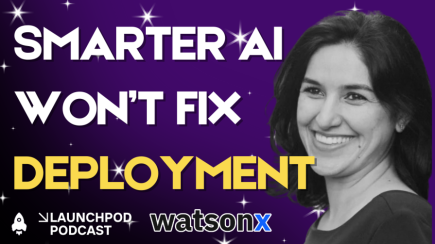
Maryam Ashoori, VP of Product and Engineering at IBM’s Watsonx platform, talks about the messy reality of enterprise AI deployment.

A product manager’s guide to deciding when automation is enough, when AI adds value, and how to make the tradeoffs intentionally.
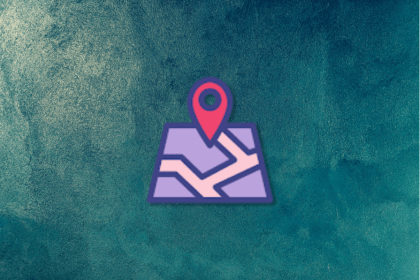
How AI reshaped product management in 2025 and what PMs must rethink in 2026 to stay effective in a rapidly changing product landscape.
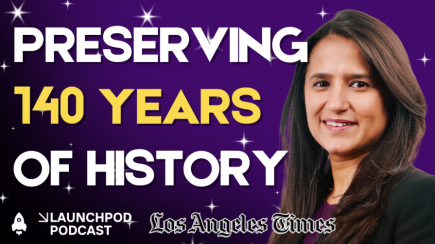
Deepika Manglani, VP of Product at the LA Times, talks about how she’s bringing the 140-year-old institution into the future.
One Reply to "A PM’s guide to calculated risk-taking"
Great post!